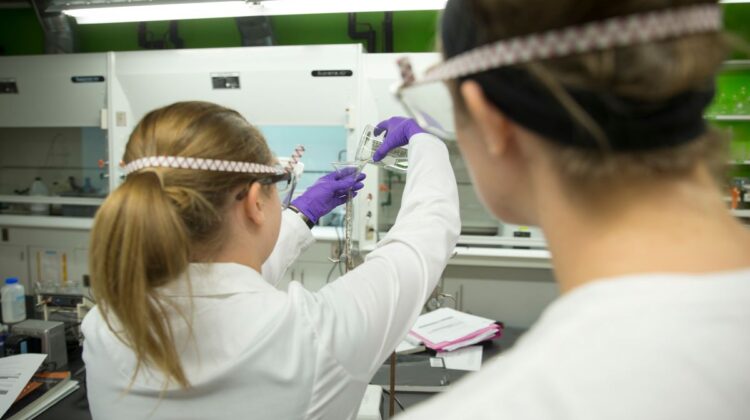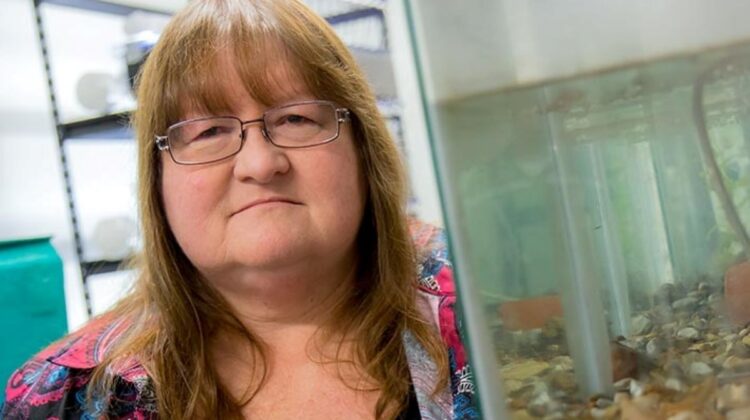Missouri State University received its Catalyst NSF ADVANCE grant in 2019. We have already accomplished a lot in the two years since. We have been striving to improve conditions for female faculty at MSU all this time, and have spent the past years collecting data on the current state of female representation, recruitment, and retention in our STEM departments. This data will provide the basis for important systemic changes. We plan to create an environment where female STEM faculty can thrive and advance. Listed below is a timeline of our accomplishments up to now, and our goals for the next few years of working with the grant.
Archives for September 2021
Missouri State University is proud to have received the NSF ADVANCE grant in 2019. We’re working hard to make the most of the resources it provides. But what exactly is the NSF ADVANCE grant?
The NSF (National Science Foundation) ADVANCE grant promotes gender equity in science. It provides resources for institutions to help women faculty overcome barriers to success in STEM careers. The NSF’s website explains the grant in their own words.
The NSF’s director established the program in 2001. Although the initial focus was on women, ADVANCE has since expanded to assist other minority groups. Representatives from all around NSF work on a committee to help manage the grant. Over 100 higher-education institutions and nonprofit organizations in 41 states, Puerto Rico, and the District of Columbia, have held ADVANCE grants. The NSF has invested over $270 million in the program over 20 years.
The ADVANCE program has four funding tracks. These are called Catalyst, Partnership, Adaptation, and Institutional Transformation (or IT) grants. The Catalyst grant gives institutions the chance to conduct a self-assessment. With this grant, institutions collect and analyze data and develop a five-year plan to create positive systemic change. The Partnership track supports projects involving two or more partners which implement systemic change strategies. These must have a broad reach to many different institutional departments. Adaptation grants help create systemic change for all the institution’s STEM departments. They do this by adapting plans of action that other universities created through their grants. Institutional Transformation grants help create innovative strategies that can be adapted by other organizations. The institution must conduct a rigorous research study to qualify. The organization’s systemic issues must be addressed and changed. MSU’s current ADVANCE grant is a Catalyst grant. The team is pursuing an Adaptation grant as the next step of the program.
MSU ADVANCE aims to identify barriers that prevent women faculty in STEM careers at MSU from advancing in their careers. It means to pilot equity strategies for systemic change, and to develop a research-based and data-driven five-year plan to improve conditions for STEM faculty at MSU.
NSF is highlighting our women STEM faculty. This week we are featuring the biology department head Dr. Alicia Mathis, and her research on amphibian and fish behavior.
Mathis argues that these species each are intricate and fascinating despite their size.“We have all these ideas about the challenges animals encounter and how they have adapted to meet those challenges,” she said. In a natural habitat, these challenges include: avoiding predators, finding mates, dealing with competition, and locating good habitats and food. “What can animals do to increase their probability of survival and reproductive success? That’s really the bottom line as far as biology is concerned. Everything, from the way your cells work to the way ecosystems work boils down to this.”



